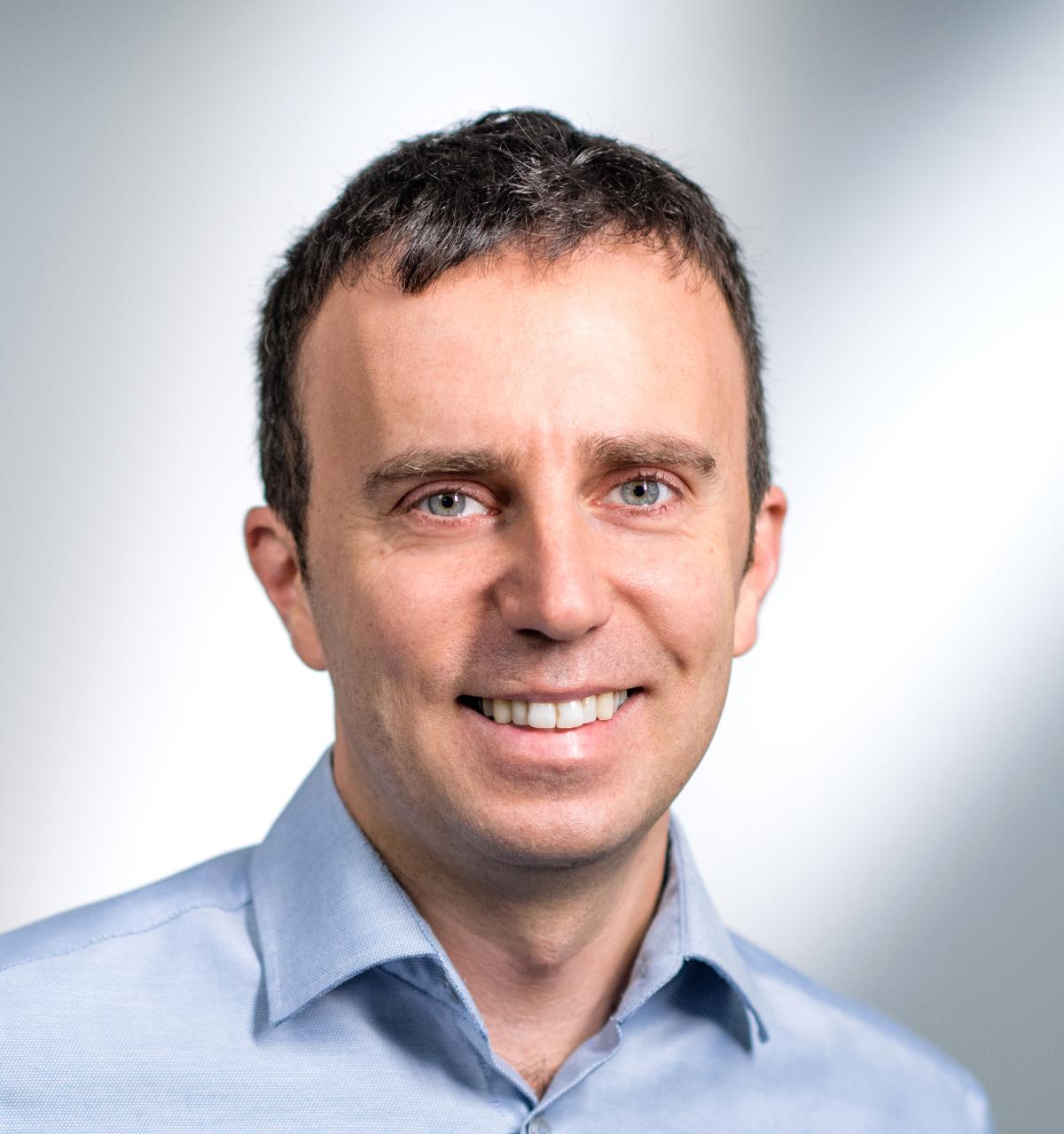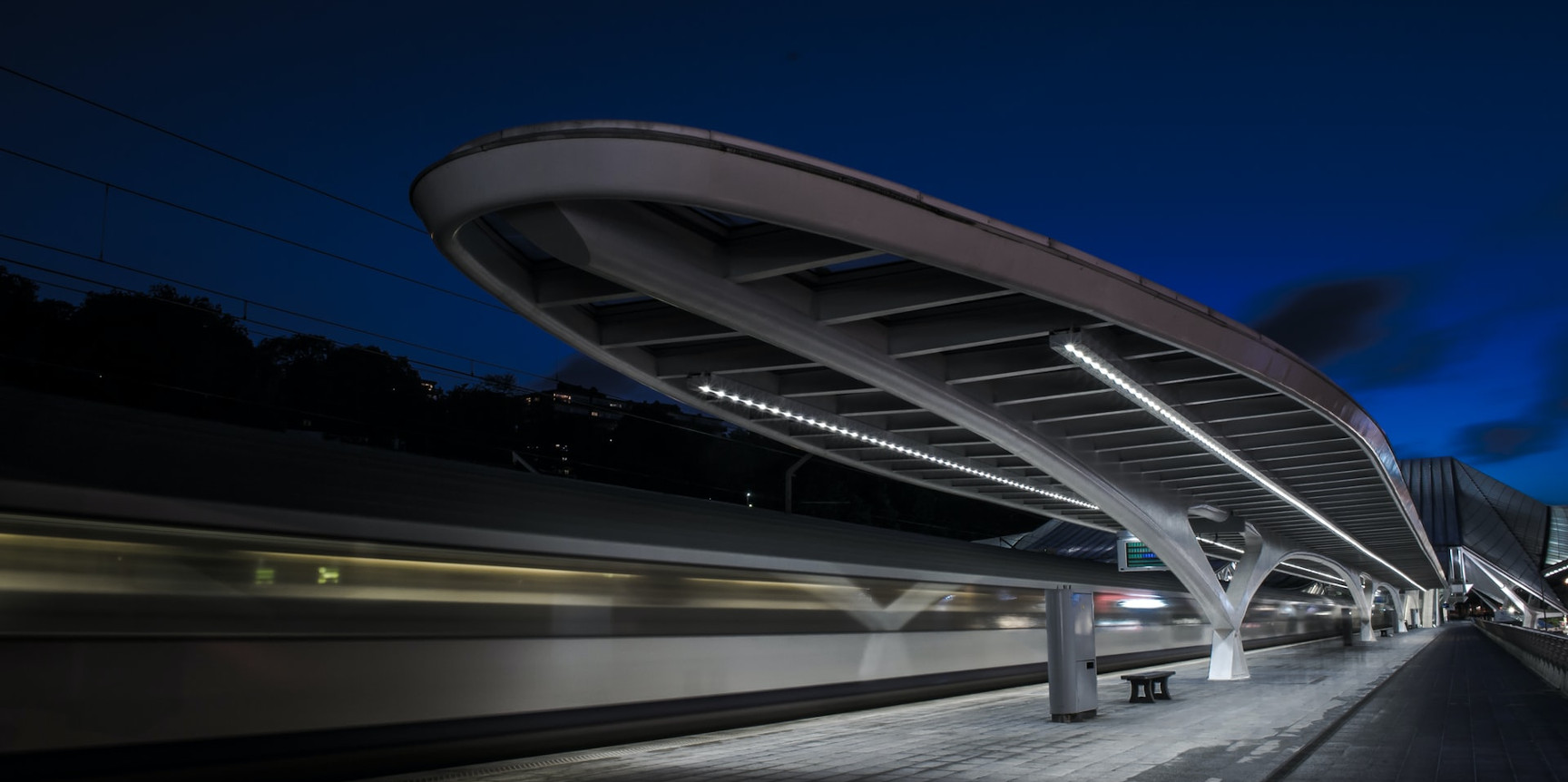Power and energy for the future railways
Mobility Initiative Project
The electric energy consumption of the transportation sector, private and public, is expected to increase in the coming decades as the frequency of offered train connections and number of freight trains rise and the trend of electrification of road vehicles continues. The objective of this project is to provide a comprehensive view on the electric energy needed by the railway and supplied by the 16.7 Hz system while at the same time identify opportunities to connect PV systems and to leverage the 16.7 Hz grid for providing charging of electric vehicles (cars and buses) at the train station.
The requirements for the energy infrastructure depend on the consumption, in terms of energy required (over a certain amount of time) and power (over very small time peaks). On the rail side, we propose a quantitative approach able to estimate the railway energy and power given the level of train connections, based on existing microscopic simulation principles, extended with train dynamic characteristics, and power modeling. We identify the variability from uncertain factors by Monte Carlo simulation. The uncertain factors of interest range from vehicle and infrastructure related characteristics (efficiency, weight, resistance, etc.) to operations characteristics (precise departure time of train at stations, possibly generating even larger peaks; possibility of delayed traffic, driver behavior, etc.). On the energy system side, we propose to design the electric infrastructure at the train station of the future enabling the charging of electric vehicles (buses and cars) fed by local solar generation but also the 16.7 Hz supply system. In combination with the expected energy demand by the rail system, the energy flows and balances in the 16.7 Hz system will be analyzed in a case studyand the impact of coordinated charging across multiple train stations will be studied.
Head of Inst. Transport Planning and Systems
Professur für Transportsysteme
Stefano-Franscini-Platz 5
8093
Zürich
Switzerland

Deputy head of Dep. of Inform.Technol. Electrical Eng. / Deputy head of Power Systems and High Voltage Lab. / Head of Energy Science Center (ESC)
Inst. f. El. Energieübertragung
Physikstrasse 3
8092
Zürich
Switzerland

Roadmap
01.2021 – 01.2024
